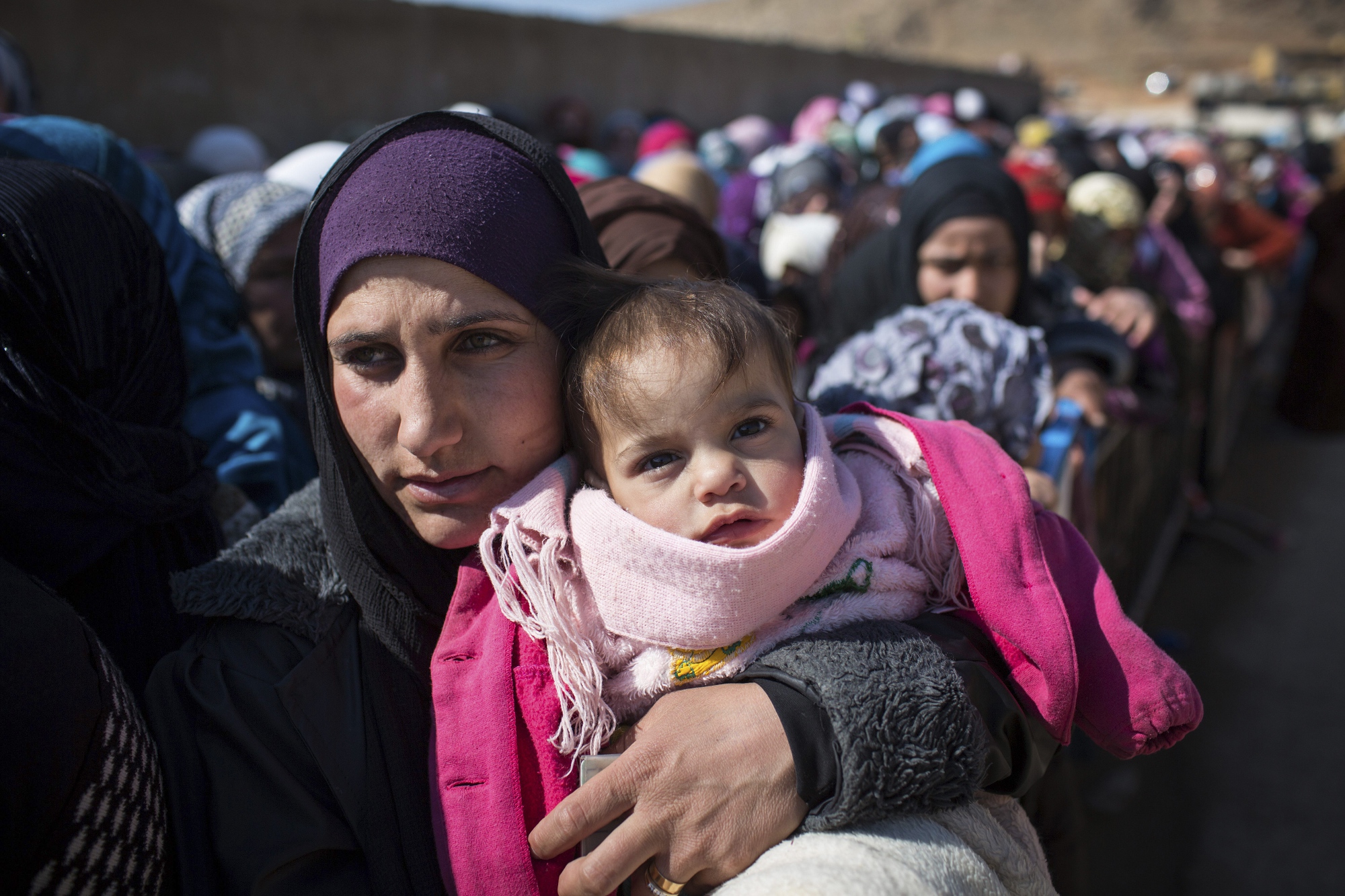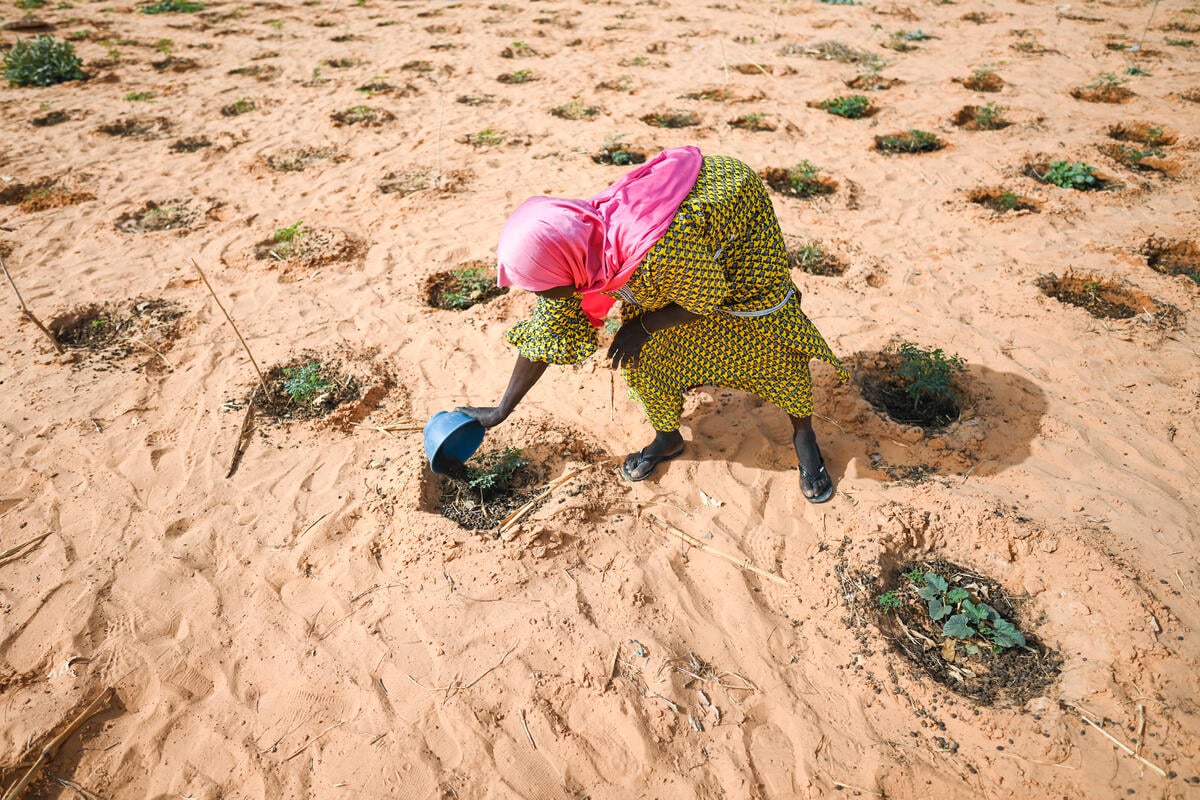Syria conflict at five years
Syria conflict at five years

GENEVA, March 15 (UNHCR) - As Syria's war reaches another grim milestone today, refugees fleeing the five-year conflict face greater hurdles to finding safety while international solidarity with its victims is failing to match and reflect the scale and seriousness of the humanitarian tragedy.
"Syria is the biggest humanitarian and refugee crisis of our time, a continuing cause of suffering for millions which should be garnering a groundswell of support around the world," said United Nations High Commissioner for Refugees Filippo Grandi, adding that only a political settlement would end the suffering but more countries had to take a greater share of refugees in the meantime.
While there are recent glimmers of hope with increased humanitarian access in Syria, the cessation of hostilities, renewed peace talks and promises of better funding, the fifth anniversary of Syria's war comes amid a backdrop of increasingly managed borders by neighbouring countries, creaking under the strain of hosting so many refugees. This is leaving thousands of vulnerable people stranded inside Syria, unable to leave the country.
Further afield, European states which once welcomed Syrians are now bringing down the shutters in the wake of increasing numbers of refugees seeking safety there. Several countries have imposed entry and border restrictions, leading to a build-up of tens of thousands of refugees in Greece, while the European Union is in discussions with Turkey on an agreement that could potentially see asylum-seekers sent back to Turkey.
Meanwhile, refugees in countries neighbouring Syria are more vulnerable than ever and taking increased risks to survive - embarking on dangerous journeys to Europe or resorting to dangerous survival strategies such as child labour, early marriage or sexual exploitation.
Grandi said that while higher donor pledges of $5.9 billion for the 2016 appeal for humanitarian and development aid in London last month were welcome, funds need to be urgently disbursed and matched by other forms of international solidarity.
These include better access to livelihoods and education for the majority of refugees in neighbouring countries and a greater sharing of responsibility by more countries around the world, through open asylum systems and increased opportunities for Syrians to move to third countries through organized channels.
"A tragedy of this scale demands solidarity beyond funding. Put simply, we need more countries to share the load by taking a greater share of refugees from what has become the biggest displacement crisis of a generation," Grandi said.
On March 30, UNHCR, the UN Refugee Agency, will be hosting a high-level international conference in Geneva, calling on governments for a major increase in places for Syrians. To date, some 170,000 such places have been pledged by governments around the world. UNHCR hopes to increase that to at least 10 per cent of the registered refugee population, currently at 4.8 million people in the immediate surrounding region alone, over the next few years.
Coming on the heels of the fifth anniversary of Syria's war, the March 30 meeting will be opportunity for governments and communities globally to concretely boost their support for Syrians.
"We are at a crossroads now as we mark another sad milestone in Syria's war: if the world fails to work together due to short-term interests, lack of courage and knee jerk reactions to shift the burden elsewhere, we will look back ruefully on this lost opportunity to act with solidarity and shared humanity," Grandi said.
Five years on, Syria's conflict has spawned 4.8 million refugees in neighbouring countries, hundreds of thousands in Europe, and 6.6 million people displaced inside Syria against a pre-war population of over 20 million








